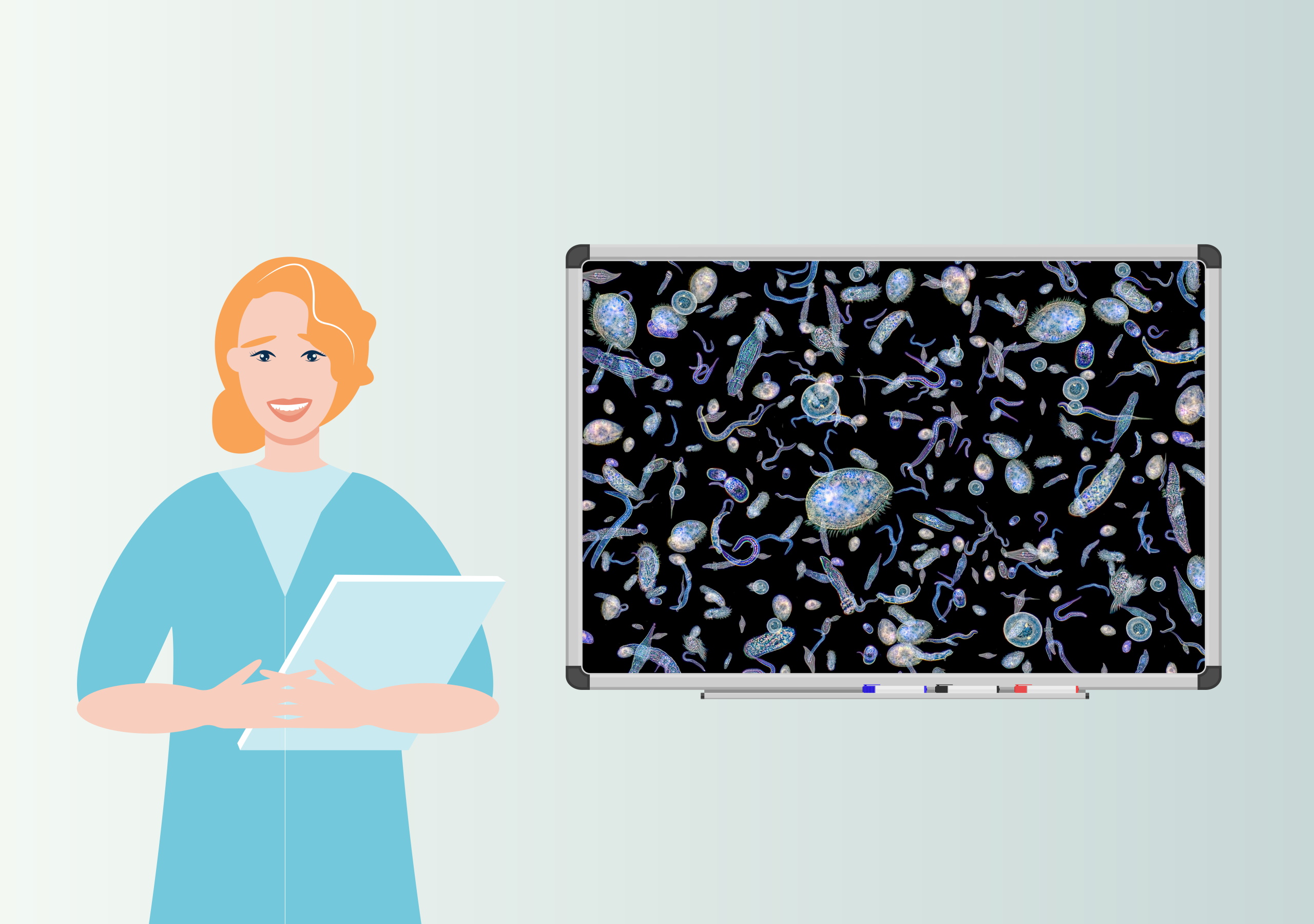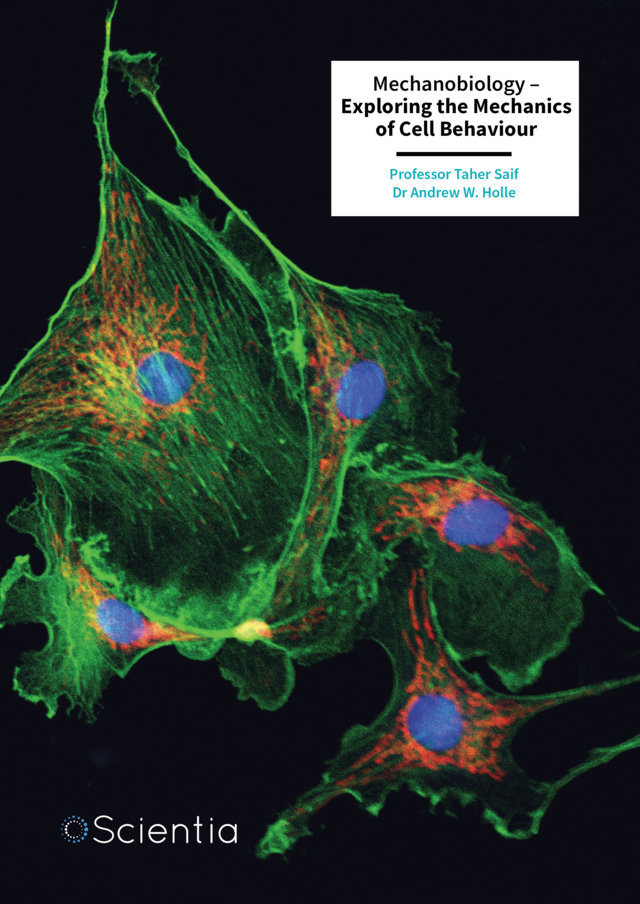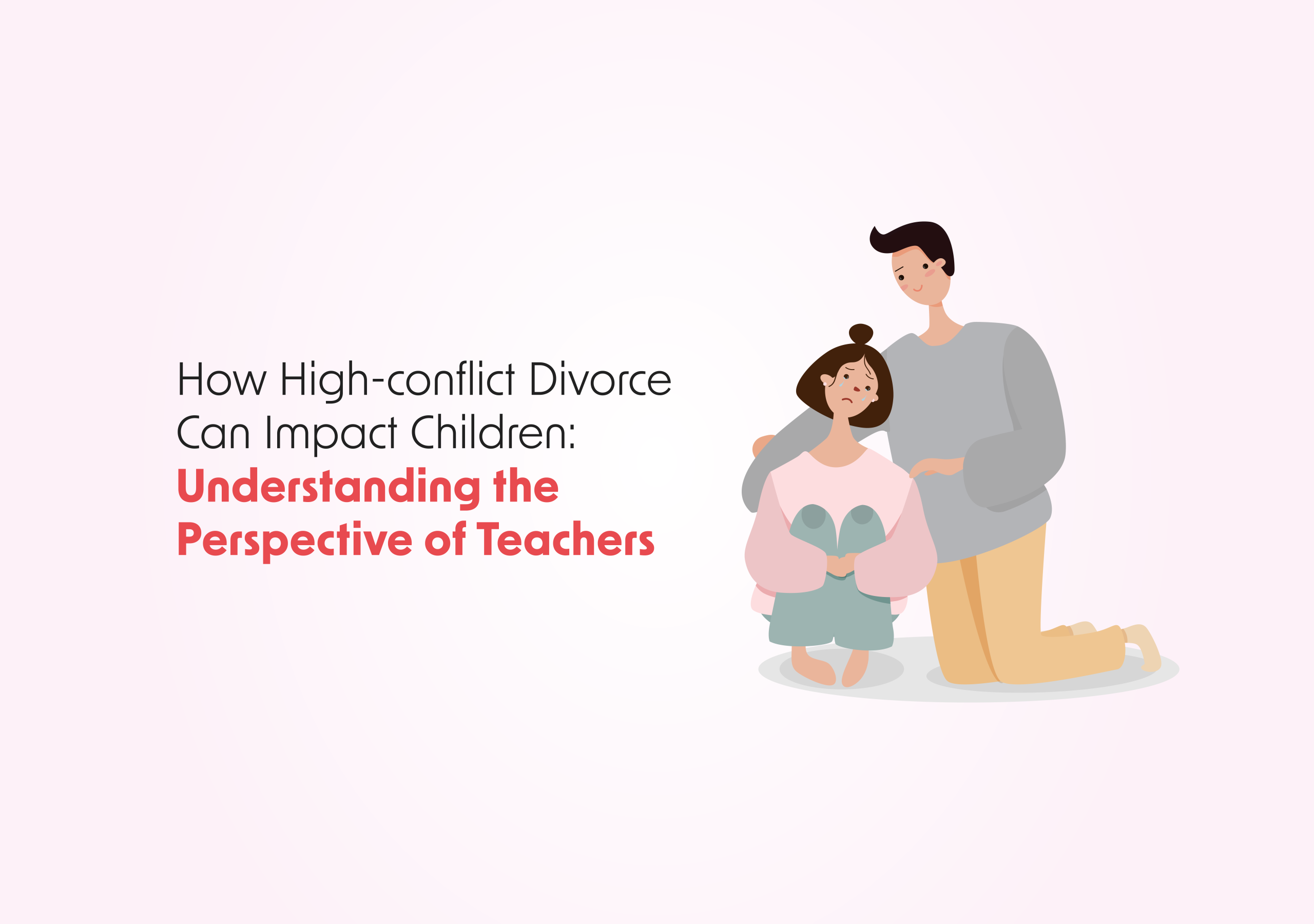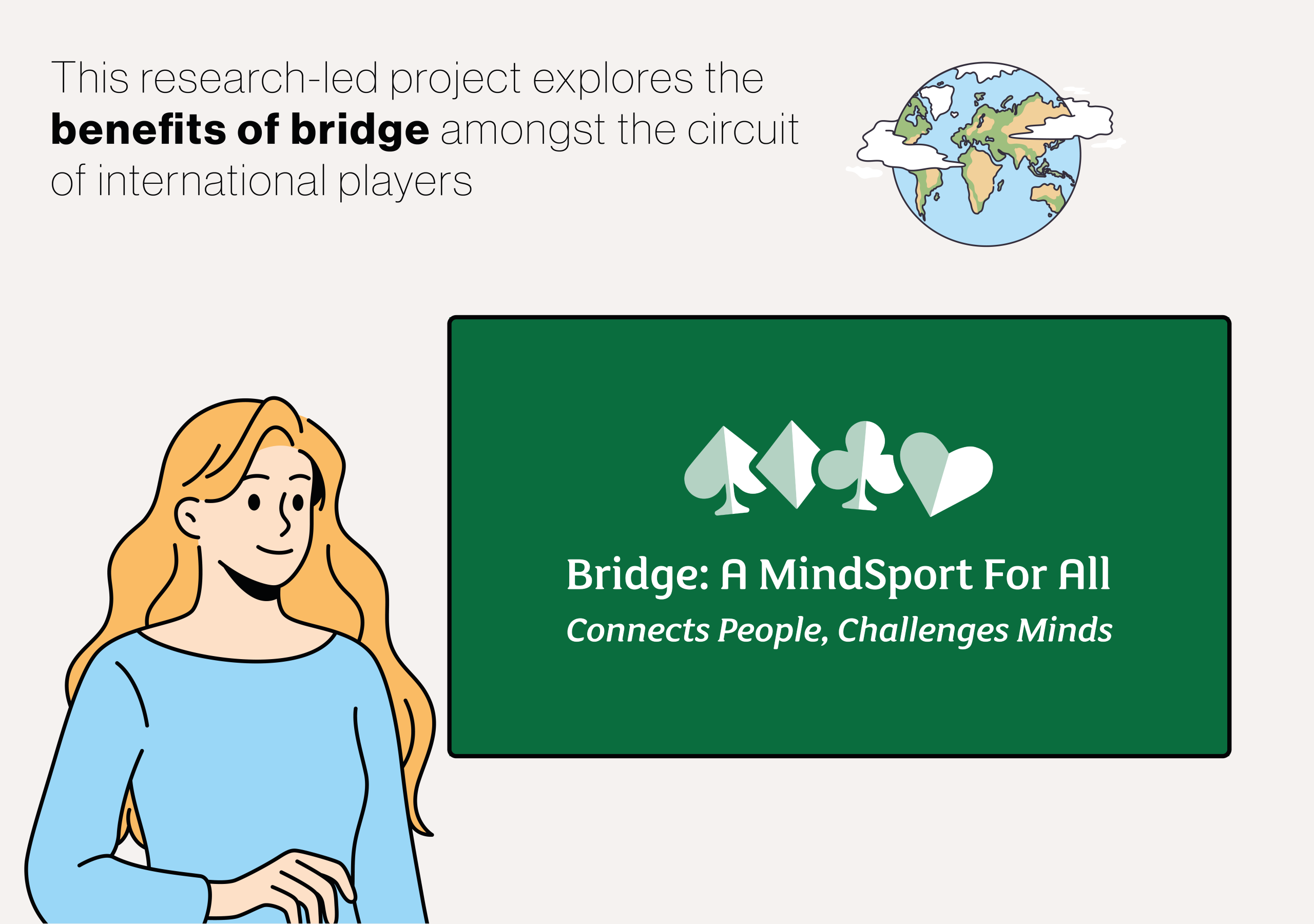Imagine living with an illness that can sap your energy levels so completely that even day-to-day tasks, such as doing laundry, walking the dog, or even getting out of bed can be insurmountable challenges. To make matters worse, this illness is not well understood either by the public or by medical staff, and is often dismissed and stigmatised, making it difficult to find understanding or treatment. This is the unfortunate lived experience of many people with myalgic encephalomyelitis/chronic fatigue syndrome (or ME/CFS for short). In a recent Communication article, researcher Caroline Kingdon of the London School of Hygiene and Tropical Medicine, and colleagues, discuss this misunderstood condition through the prism of the 2021 guideline for the treatment of those with ME/CFS, which have been published by the UK’s National Institute for Health and Care Excellence (or NICE for short). Their article aims to inform primary caregivers about the NICE guideline, and, happily, reveals that the new guideline prioritises an overdue shift toward compassionate and patient-focused care for ME/CFS. More
ME/CFS is a chronic illness that profoundly affects people’s quality of life. Its hallmark symptoms include debilitating fatigue that is not relieved by rest, cognitive impairment often referred to as “brain fog,” sleep disturbance, and post-exertional malaise. Post-exertional malaise is a phenomenon where even minimal physical, mental, or emotional exertion can trigger a significant worsening of symptoms. This can occur hours or even days after the activity and may last for days, weeks, or longer.
Kingdon and colleagues note that the condition is complex, with no definitive diagnostic test and no effective treatments to date; the disease just has to be managed. Causes of ME/CFS remain unclear. Some evidence points to a genetic predisposition. For many people, ME/CFS is precipitated by an infection (including COVID-19 infections), vaccination, or physical trauma. And a number of abnormalities involving the brain, immune system and muscle energy production appear to be involved in perpetuating ME/CFS.
Historically, ME/CFS has been diagnosed only after four to six months of persistent symptoms. The new NICE guideline recommends a diagnosis within three months, provided symptoms such as post-exertional malaise are present and other conditions have been ruled out. Early diagnosis is critical, as it allows healthcare providers to offer timely advice on managing symptoms and avoiding activities that might exacerbate the condition. For instance, patients are encouraged to pace themselves, a strategy known as energy management, which involves balancing activity with adequate rest to prevent overexertion.
A major change in the new guideline is the rejection of graded exercise therapy. For decades, graded exercise therapy was widely prescribed based on the idea that patients needed to incrementally increase their physical activity to regain strength. However, for many with ME/CFS, this approach has proven to be harmful. Surveys involving over 15,000 patients reveal that more individuals report harm than benefit from graded exercise therapy. Patients often experience severe relapses after following these programs, as their energy limitations are ignored.
Similarly, the use of cognitive behavioural therapy (or CBT) as a “cure” for ME/CFS has been reevaluated. While CBT can help patients cope with the emotional and psychological challenges of living with a chronic illness, it should not be offered as a treatment to address the underlying condition. The guideline now emphasises that care must focus on symptom management rather than attempting to “fix” the illness through inappropriate methods.
Kingdon and her colleagues emphasise the need for a personalised approach to managing ME/CFS. The new guideline calls for a multidisciplinary team of healthcare professionals to collaborate on individualised care plans. These teams should include physicians, physiotherapists, dietitians, occupational therapists (and psychological support where required) – each contributing their expertise to address the diverse symptoms of ME/CFS.
For example, patients with severe fatigue may benefit from occupational therapy to find ways to conserve energy while performing daily tasks. Those with chronic pain might need tailored interventions such as pharmacological treatments or strategies to manage discomfort without overexertion. Patients with dietary challenges, such as difficulty swallowing or maintaining proper nutrition, may require input from a dietitian to prevent malnutrition.
Importantly, the guideline also recognises the fluctuating nature of ME/CFS. A patient’s symptoms may vary from day to day or even hour to hour. This means care must be flexible and adaptable, allowing for adjustments as needed. One of the most striking aspects of the new guideline is the emphasis on addressing the prejudice and disbelief many patients face. People with ME/CFS often encounter scepticism from healthcare providers, employers, and even friends and family. This can compound their suffering, leading to feelings of isolation and a loss of trust in medical systems.
The NICE guideline acknowledges this history of stigma and encourages healthcare providers to approach patients with empathy, validating their experiences. It highlights the need for supportive, trusting relationships between patients and their care teams. The impact of ME/CFS extends far beyond physical symptoms. Many patients are unable to work, attend school, or participate in social activities. The new guideline stresses the importance of providing support for education and employment, including reasonable accommodations such as flexible hours or remote work options. For those who are severely affected, home visits and disability aids such as wheelchairs may be necessary.
Patients are also advised to prioritise rest and recovery during relapses, which are periods of worsened symptoms triggered by overexertion or illness. Clear guidance on how to manage these flare-ups can empower patients to stabilise their symptoms and gradually resume daily activities.
While the NICE guideline applies to ME/CFS patients in the UK, its influence is being felt internationally. By rejecting outdated and harmful treatments such as graded exercise therapy and recognising post-exertional malaise as a cardinal symptom, they align with recommendations from global organisations such as the U.S. Centers for Disease Control and Prevention. This marks a growing consensus in the medical community to prioritise evidence-based, patient-centred care for ME/CFS.
The NICE guideline represents a turning point in the care and understanding of ME/CFS. By championing early diagnosis, rejecting harmful practices, and promoting individualised, compassionate care, they have given new hope to the millions affected by this debilitating condition.
For patients and their families, this guideline provides a blueprint for better care, one that acknowledges the reality of their illness and offers practical, evidence-based solutions. While there is still much to learn about ME/CFS, this progress is a significant step toward improving the lives of those who endure its challenges every day.







